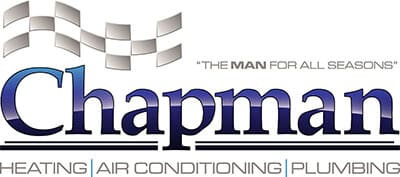Before You Call: Oil Furnace
Check the settings on your thermostat. Make sure the temperature control selector is set above the current room temperature, and the system switch is on the HEAT or AUTO position. The fan switch should be set to ON for continuous airflow or AUTO if you want the blower to operate only while the furnace is operating. Try to get the … Read More





